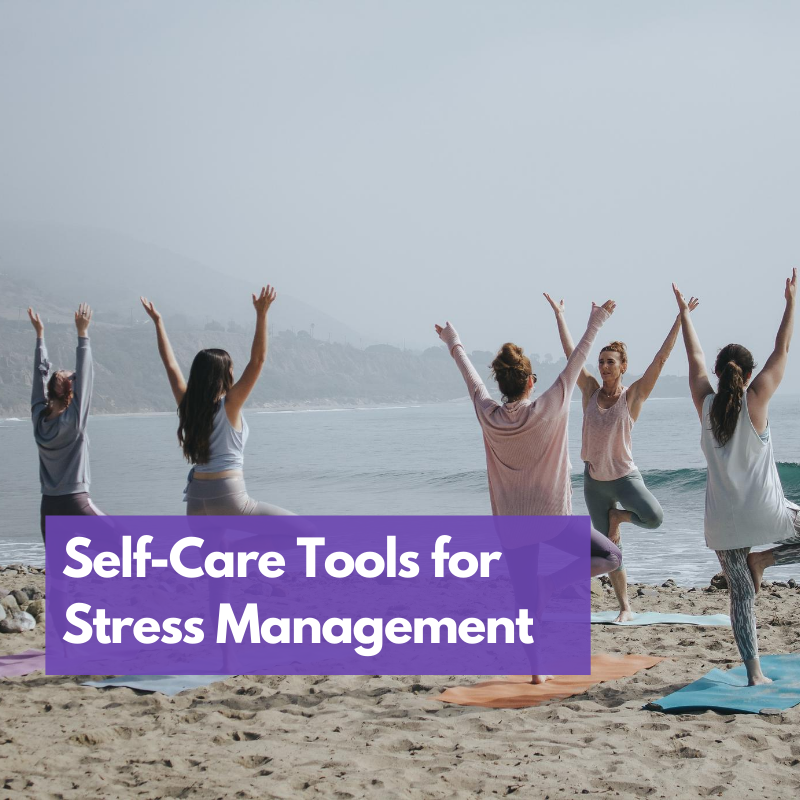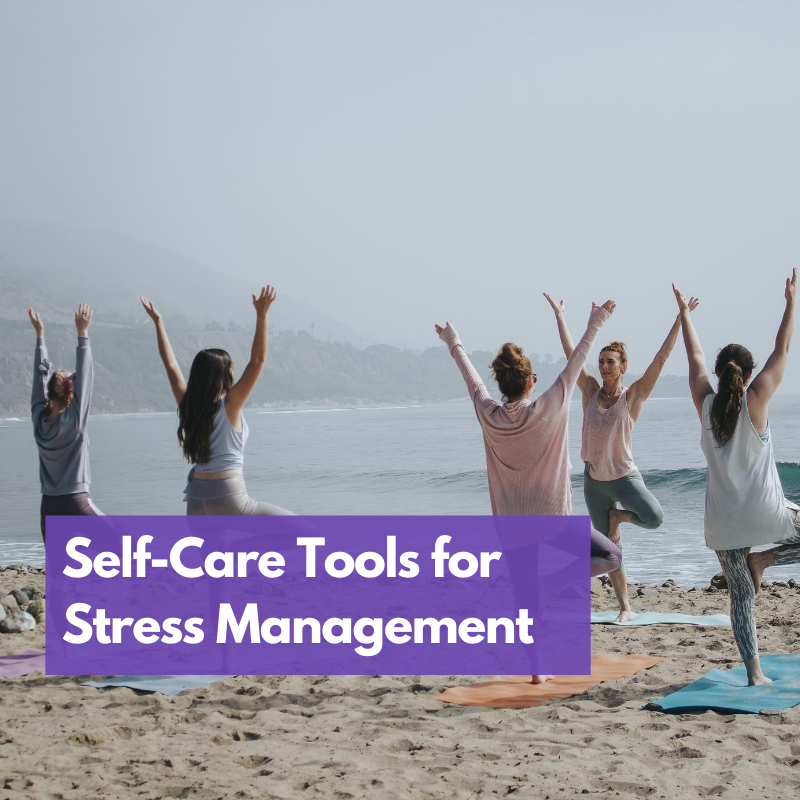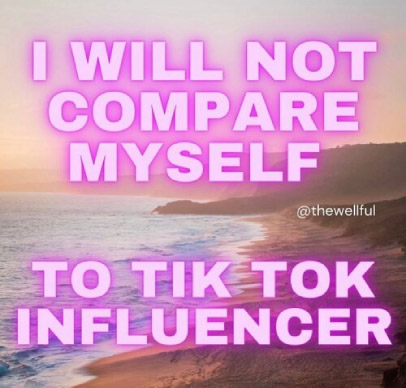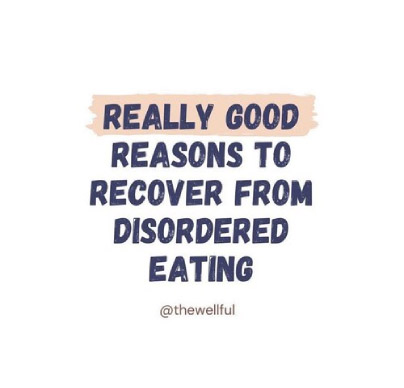
Now more than ever, the term self-care has become extremely popular. I feel like the term self-care can sound very limiting and some people may feel it to be selfish in the sense of we must drop everything else to care for ourselves alone. But, it’s not one thing or the other. It’s all of it! The more we take care of ourselves; we can take care of each other. The more grounded, the more energy, and love we provide to ourselves, the more we can spread this energy to our friends and family. Negative energy can be contagious and can spread quickly. Right now, with the amount of stress we are all experiencing living through a pandemic in addition to fighting for social justice, we must all come together and incorporate these kinds of self-care to stay well and have the proper energy and sustainability to get through the immense change that needs to occur today and in our future.
Effects of chronic stress on your body:
-
Depletes our immune system
-
Increases our risks of:
-
viruses, chronic illness, heart disease, high blood pressure, depression, other mental illnesses, and just about everything else we don’t want to experience.
-
So how can you start?
Self-care is very individually based and if someone says for example meditation is their form of self-care, that may not be for another person! There’s no rules. Its finding what works for you and what you can incorporate into your daily life.
Self-Care Tips to Give you Some Ideas!
1. Start the morning moving your body outside
-
Walking and listening to a podcast
-
Jogging to a great playlist
-
Yoga Flow in a park or backyard
2. Mindfulness
a. Grounding Exercise: 54321
This exercise can bring you back into the present. When you feel dissociated, answer the following 5 questions to see if they can help bring you back to your present time and place.
-
Name 5 things you can SEE in the room right now
-
Name 4 things you can FEEL right now
-
Name 3 things you can HEAR right now
-
Name 2 things you can SMELL right now (or 2 SMELLS you like)
-
Name 1 good thing about yourself (even if it’s only that you doing this exercise)
b. Gratitude Exercise:
Research shows the effects of practicing gratitude. A study from 2017 found that those who write letters of gratitude reported better mental health four weeks and 12 weeks after completing the writing exercise. Practicing gratitude may help train the brain to be more sensitive to the experience of gratitude down the line which contributes to improved mental health over time. It helps you accept change. When we make it a habit to notice the good change brings, we can become more accepting and flexible. Very importantly, it can relieve stress. When we experience gratitude, the regions associated are part of the neural networks that light up when we socialize and experience pleasure. These regions are connected to the parts of the brain that control emotional regulation, such as heart rate, and are associated with stress relief and thus pain reduction.
-
Write 3 things you are grateful for and appreciate about your life
-
Can be in the AM, PM, or both!
-
3. Adding an enjoyable activity in your day. Here are some ideas!
-
Reading a book that you are interested in (Check out this post for some book recommendations)
-
Bake
-
Cook a delicious breakfast, lunch, or dinner
-
Color some pages or doodle
-
Turn on your favorite song and have an impromptu dance party
-
Get some fresh air
-
Have coffee or tea time
-
Create an at home spa night
-
Nurture your skin
-
Light a candle
-
Take a relaxing bath or shower
-
Wear comfy PJs











